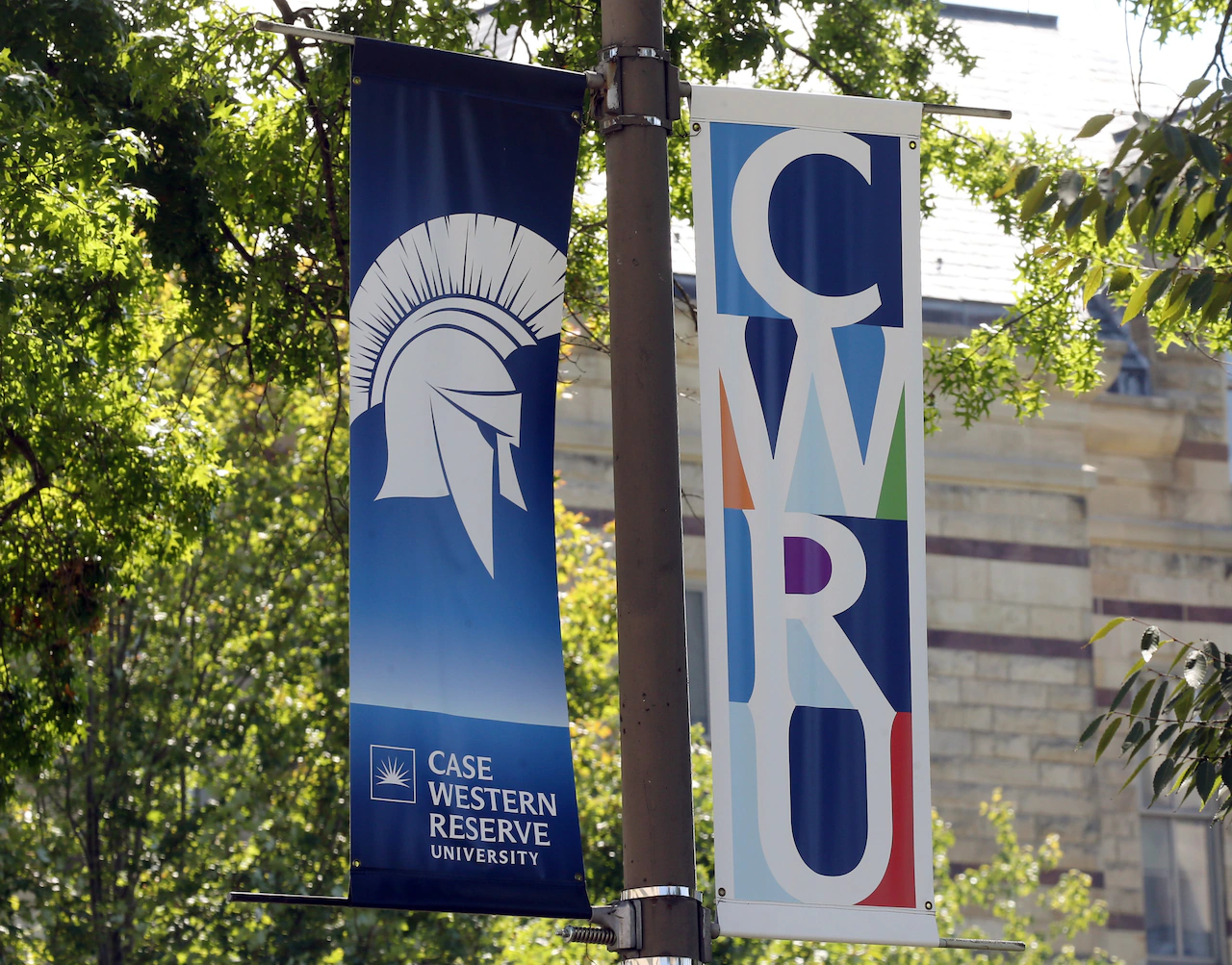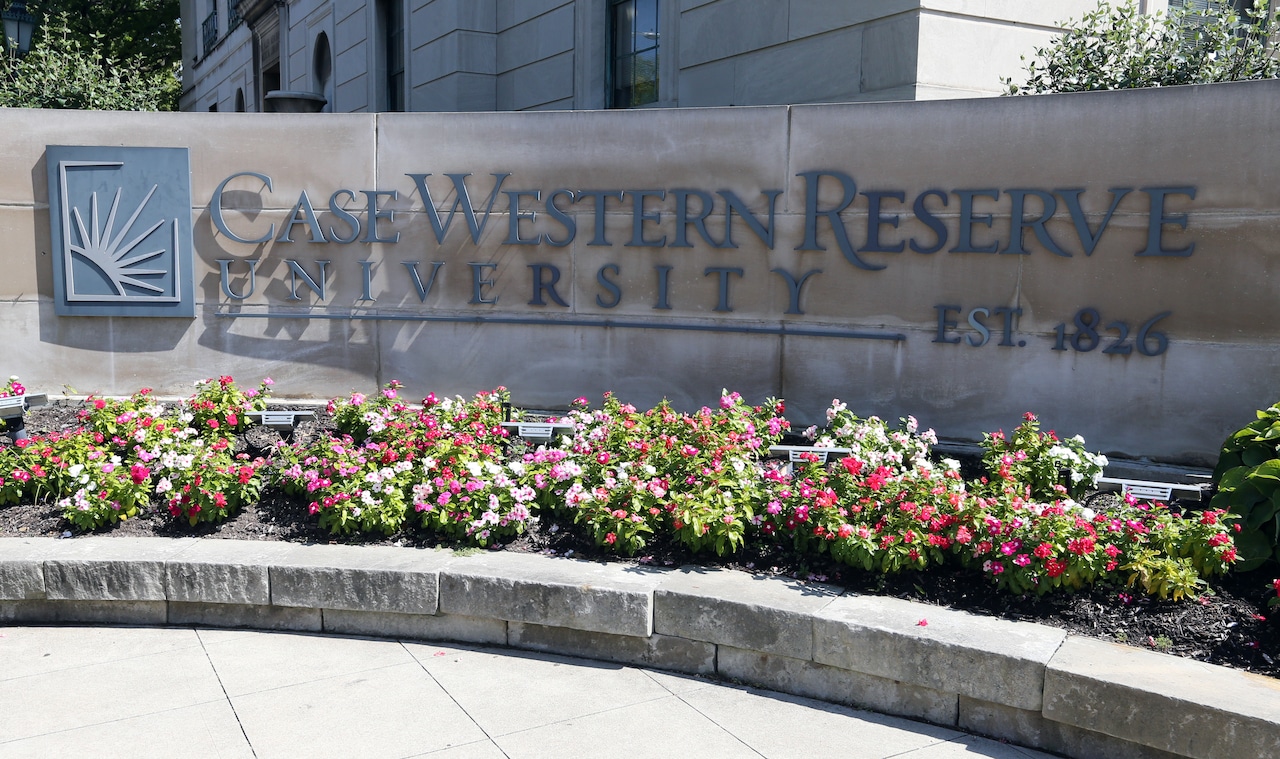
The cost of higher education continues to rise, making affordability a major concern for families. But some Ohio colleges and universities have free-tuition plans to combat these rising costs.
In the 2024–25 academic year, the College Board reports the average published tuition and fees for full-time undergraduate students at public four-year institutions in the U.S. is $11,610 for in-state students, while private nonprofit four-year colleges average $43,350. Public two-year colleges average $4,050. These figures highlight why tuition-free programs are becoming increasingly important for students and families seeking relief from rising costs.
Several Ohio colleges and universities are expanding access to higher education by offering free tuition programs for eligible students. These initiatives aim to reduce financial barriers, attract top talent, and support low- to middle-income families across the state. Here’s a look at some of the schools currently providing tuition-free opportunities and what it takes to qualify.
The Ohio State University
Ohio State has several free tuition initiatives for Ohio residents. The Buckeye Bridge Program offers free tuition for Columbus State Community College graduates with a family adjusted gross income (AGI) of $100,000 or less.
The Regional Campus Commitment provides tuition-free enrollment for students starting at an OSU regional campus or the Agricultural Technical Institute in Wooster, also for families earning $100,000 or less.
Additionally, the President’s Ohio Scholarship Program covers the full cost of attendance—including tuition, fees, housing, and a $5,000 research stipend—for any Ohio student who earns a perfect ACT or SAT score.
Columbus State Community College
The Columbus Promise program offers free tuition plus a $500 per semester scholarship for up to six semesters to graduates of Columbus City Schools. Students must complete the FAFSA and meet income guidelines to qualify.
Case Western Reserve University
Case Western offers the Cleveland Scholars Program, which provides full tuition to graduates of Cleveland Metropolitan School District and East Cleveland City Schools. Students must be admitted to Case Western and meet all standard admission requirements. The program is designed to support local students and encourage them to pursue higher education without the burden of tuition costs.
The University of Akron
The University of Akron offers the Making Akron Possible (MAP) Grant, which provides free tuition for new, transfer and continuing students from Ohio whose family income is $85,000 or less and who are residents of Summit, Stark, Medina, Portage, Cuyahoga or Wayne counties. Students must enroll full-time, complete the FAFSA, and meet academic requirements. The grant covers tuition and general fees for up to four years.
Ohio University
Ohio University provides multiple tuition-free options for eligible students. The President’s Opportunity Promise Award covers remaining Athens campus tuition for Pell-eligible students from Athens County or surrounding counties who have at least a 3.0 GPA.
The OHIO Regional Promise Award offers free tuition for Pell-eligible students with a 3.0 GPA who enroll full-time at one of OHIO’s regional campuses. Students transferring from a regional campus to the Athens campus may also qualify for the One OHIO Scholarship, worth $5,000 annually.
Otterbein University
Otterbein guarantees full tuition coverage for Ohio students who qualify for the Ohio College Opportunity Grant (OCOG), which typically applies to families with incomes around $30,000. The university combines federal, state, and institutional aid to eliminate tuition costs for these students.
Shawnee State University
Shawnee State’s Free Tuition Guarantee covers full tuition for first-time, full-time freshmen who are residents of Scioto, Lawrence, Adams, Pike, Jackson, Ross, Gallia, Brown, Highland, and Vinton Counties in Ohio; or Greenup, Boyd or Lewis Counties in Kentucky, have a minimum 3.0 GPA, an ACT score of 18 or higher (or SAT equivalent), and qualify for a Pell Grant. The award is renewable for up to four years if students maintain academic and financial aid requirements.
Next steps
Students interested in these programs should act quickly—most require completing the FAFSA and meeting priority deadlines to secure funding. Eligibility often depends on income, academic performance, and residency, so reviewing each school’s requirements is essential. For more details and application timelines, visit the links provided for each institution.
Tips for Applying
Complete the FAFSA early: Many programs require proof of financial need, and aid is often awarded on a first-come, first-served basis.
Check eligibility requirements carefully: GPA, standardized test scores, and residency rules vary by program.
Meet priority deadlines: Missing a deadline can mean losing out on free tuition opportunities.
Maintain academic performance: Most programs require students to keep a minimum GPA to remain eligible.
Stay informed: Visit each school’s official website for updates, as program details and funding availability can change.



